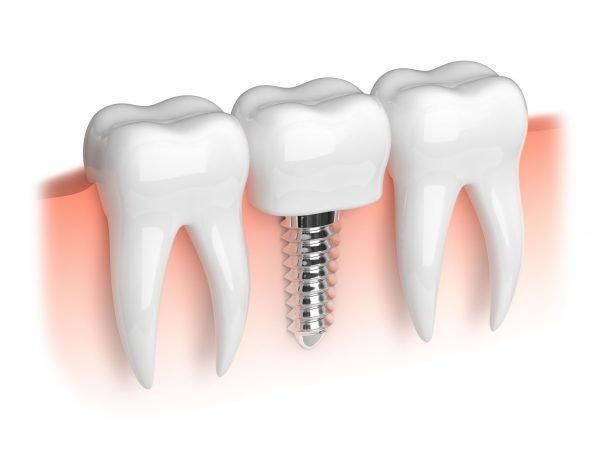Pros and Cons of Mini Dental Implants

A bright smile may improve not just your physical appearance but also your self-esteem. Dental implants are an excellent option for people with lost teeth or ill-fitting dentures. Traditional dental implants are well-known for their effectiveness in restoring smiles, but mini dental implants (MDIs) are a lesser-known option.
These small implants have gained popularity due to their distinct benefits, but they also have downsides. In this article, we'll look at the advantages and disadvantages of mini dental implants so you can make an informed decision about your oral health.
Pros of mini dental implants
Less invasive surgery
One of the most important advantages of mini dental implants over standard implants is that they need less invasive surgery. Because mini implants are smaller and shorter, they may typically be implanted without substantial bone grafts or sinus lifts. Shorter recovery periods, less postoperative discomfort, and lower overall costs result from less surgical complexity.
Faster healing and integration
Mini dental implants usually heal and integrate with the jawbone faster than regular implants. Because of the quick osseointegration, you may get your prosthetic teeth sooner, sometimes on the same day as the implant insertion. Traditional implants frequently need to recover for many months before they can sustain a restoration.
Versatility
Mini dental implants are versatile and may be used in a variety of conditions. They can be used to secure partial dentures, support dentures, or replace particular missing teeth. Because of their range of uses, they are an excellent option for people with diverse degrees of tooth loss and oral health concerns.
Minimal discomfort
Mini dental implants produce less post-operative discomfort than standard implants due to their smaller size and less invasive insertion. Patients frequently report decreased discomfort and swelling during the healing phase, which can result in a more comfortable overall experience.
Suitable for patients with bone loss
Patients with considerable bone loss who are ineligible for standard implants may be candidates for mini dental implants. Since MDIs are smaller in size, they require less bone density for effective insertion. This makes implant-supported restorations available to a larger spectrum of patients.
Cons of mini dental implants
Reduced long-term stability
While mini dental implants promote quicker healing and integration, they may not be as stable in the long run as regular implants. Because of their reduced size, they have less surface area for bone attachment, making them more prone to loosening or failure over time, especially when exposed to high biting pressures.
Limited use for certain restorations
Mini dental implants are not always appropriate for all types of dental restorations. They are widely used to stabilize dentures or fasten partial dentures, but they may need to be stronger to hold bigger restorations such as bridges or single crowns. Traditional implants may be a better alternative in such circumstances.
Reduced aesthetic options
The reduced size of mini dental implants may limit the number of prosthetic teeth that can be fitted to them. Traditional implants can provide more possibilities for developing a natural-looking smile for patients desiring highly cosmetic restorations, such as front tooth replacements.
Cost considerations
Although mini dental implants are often less expensive than standard implants due to their lower surgical complexity, they may still be more costly than alternative tooth replacement choices such as removable dentures or bridges. The price of mini implants varies according to the quantity of implants necessary and the type of restoration required.
Limited research and long-term data
Because mini dental implants haven't been around as long as traditional implants, there needs to be more long-term evidence on their durability and success rates. While they have shown potential in the short term, further study is required to understand their long-term efficacy completely.
The bottom line
Mini dental implants have a number of advantages, including less invasive surgery, quicker recovery, and versatility in addressing various types of tooth loss. They are particularly helpful for people with bone loss and those looking for a faster way to stabilize dentures. However, their limitations should be noted, such as reduced long-term stability, restricted use for particular restorations, and possible cost considerations.
Post a comment